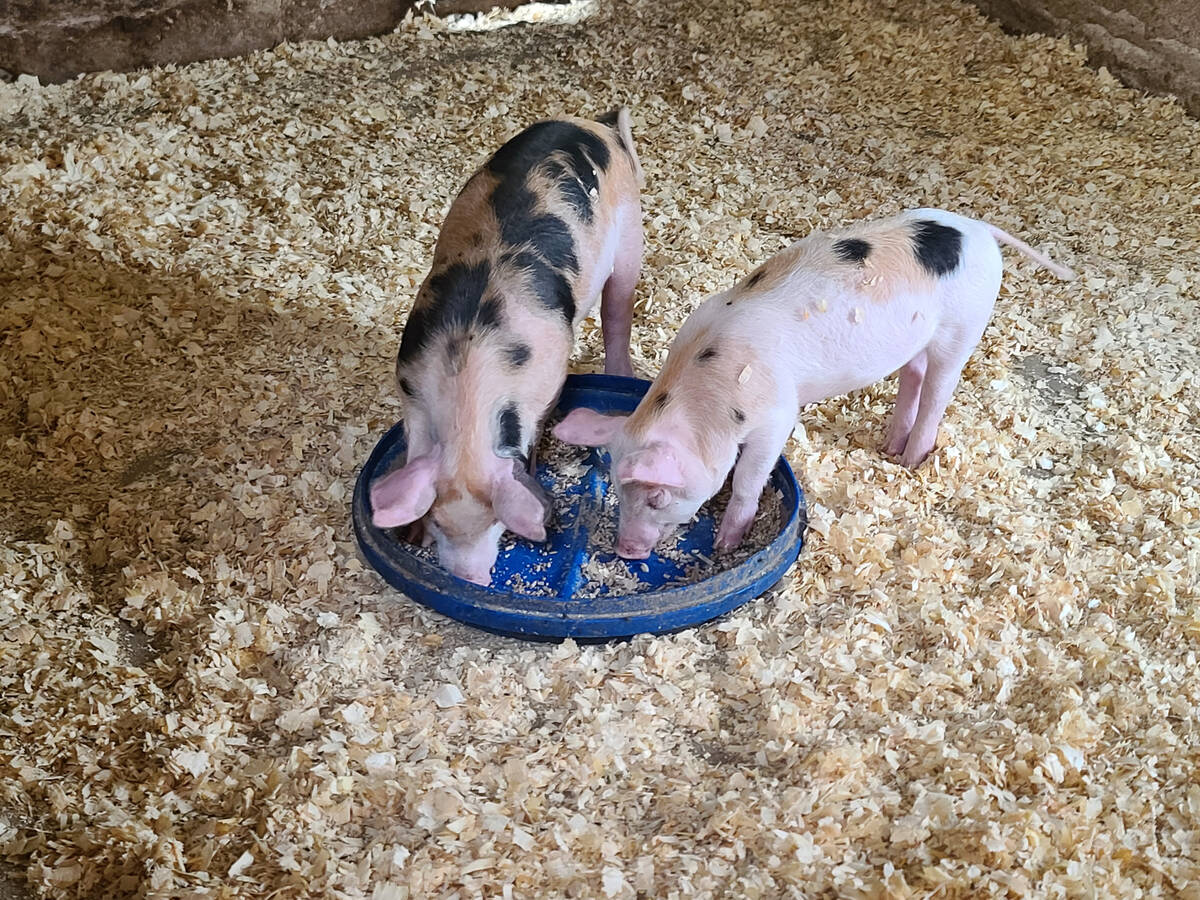Strong biosecurity measures by Canadian hog producers continue to keep the deadly porcine epidemic diarrhea under control.
Only 70 positive sites have been reported in Canada in the 26 weeks since it was discovered on a southern Ontario hog farm in January. The last reported case was July 21 on a farm near Perth, Ont.
“We’ve had very little new movement,” Egan Brockhoff, an Alberta swine veterinarian with Prairie Swine Health Services, said during a conference call on the PED virus.
A new strain of PED was reported July 30 on a farrow to finish farm in Ontario that had previously reported a positive case of the original PED virus.
Read Also

African swine fever risk tightens feed ingredient trade rules with Taiwan
Plant-based ingredients bound for Canadian livestock feed will have stricter trade rules if the shipments come from Taiwan, following Canadian Food Inspection Agency changes
No one is sure how the new strain of PED made its way to the farm, but the theory is that it was likely there during the initial outbreak but only recently became active.
The first 25 cases of PED in Ontario have been traced to porcine protein plasma in piglet feed. The plasma is made from pigs and is believed to be highly digestible for young piglets.
Eighty-three percent of the producers on the conference call said they had stopped using porcine plasma in feed. The other 17 percent said they continue to use the porcine plasma, despite the risks.
Callers were also asked if animal-based proteins should no longer be fed to pigs. About three-quarters of the callers believed feeding animal byproducts to pigs should be stopped.
Brockhoff said he is heartened to hear producers have rejected offers of low-priced pig feed containing porcine plasma. A sample of feed from Alberta that contained porcine plasma tested positive for PED, but it did not enter a pig barn and was destroyed.
Brockhoff discourages producers from using feed containing porcine plasma products because feed was a major contributor to PED in Ontario.
“Our recommendation continues to be minimum or no use of porcine animal proteins,” he said.
Alberta officials have taken 3,259 samples at eight major sites in the province to test and monitor disease.
In Manitoba, officials have launched a major research project to allow producers to sample the manure in their pits for PED. It will also work with custom manure applicators to help prevent the spread of PED and understand how long the disease will survive in soils.
In the United States, 100 new PED cases a week are reported, most in major pork producing states.














